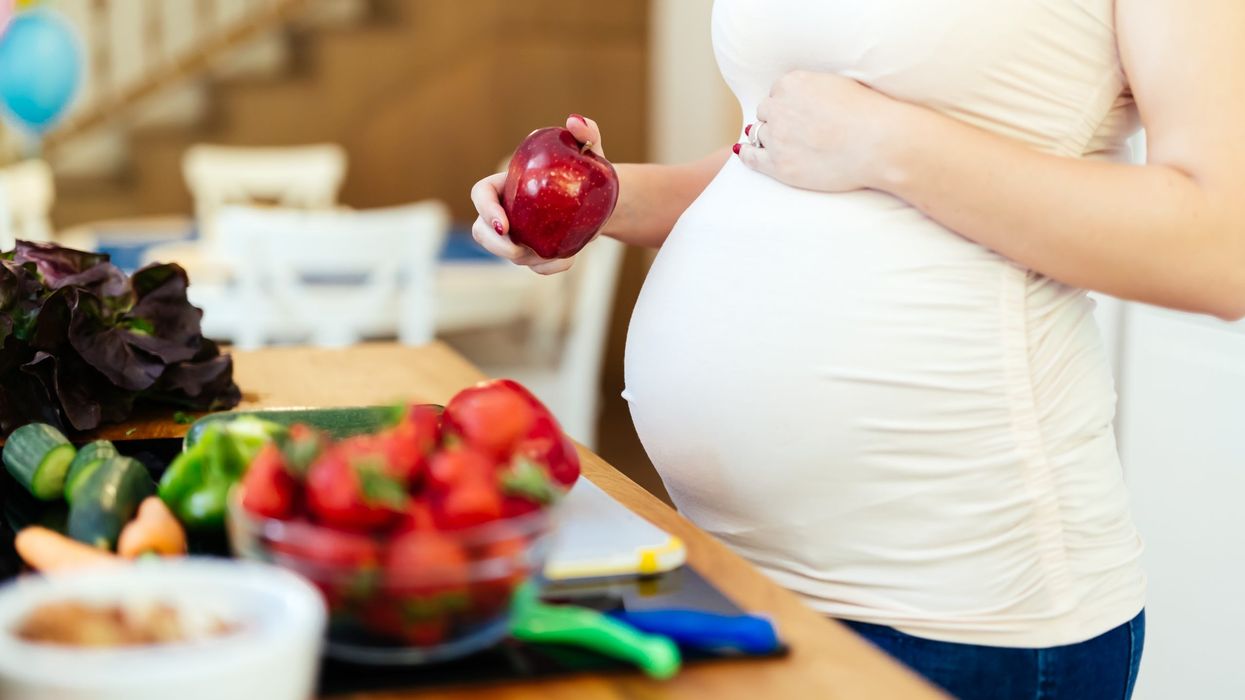Mothers who consume apples and herbs in the early stages of pregnancy may be safeguarding the brain health of their offspring and even future generations, a recent study conducted by Monash University has found.
This research, conducted using genetic models, has unveiled a remarkable link between a mother's dietary choices and the long-term brain health of her children and grandchildren.
Published in the journal Nature Cell Biology, the study, conducted at the Monash Biomedicine Discovery Institute, reveals that specific foods have the potential to play a role in preventing the decline of brain function over time.
This groundbreaking discovery sheds light on the significant impact of maternal diet on brain health across multiple generations.
This study used roundworms (Caenorhabditis elegans) as the genetic model because many of their genes are also found in humans, allowing insights into human cells.
The researchers found that a certain molecule present in apples and herbs such as basil, rosemary, thyme, oregano, and sage helped in reducing the breakdown of communication cables needed for the brain to work properly.
Senior professor Roger Pocock, with his team, investigated nerve cells in the brain that connect with each other through about 8,50,000 kilometres of cables called axons.
For axons to function and survive, essential materials need to be transported along an internal structure that contains microtubules.
Pocock explained that a malfunction that caused the axons to become fragile can lead to brain dysfunction and neurodegeneration.
He said his team used a genetic model with fragile axons that break as animals age.
“We tried to find whether natural products found in the diet can stabilise these axons and prevent breakage,” he explained.
“We identified a molecule found in apples and herbs that reduces axon fragility -- ursolic acid. How? We found that ursolic acid causes a gene to turn on that makes a specific type of fat. This particular fat also prevented axon fragility as animals age by improving axon transport and therefore its overall health.”
Pocock said this type of fat, known as a sphingolipid, had to travel from the mother's intestine, where food is digested, to eggs in the uterus for it to protect axons in the next generation.
He said while the results were promising, they still need to be confirmed in humans. “This is the first time that a lipid/fat has been shown to be inherited,” he said.
“Further, feeding the mother the sphingolipid protects the axons of two subsequent generations. This means a mother's diet can affect not just their offspring's brain but potentially subsequent generations. Our work supports a healthy diet during pregnancy for optimal brain development and health,” Pocock said.
Read the full paper published in Nature Cell Biology, titled 'An Intestinal Sphingolipid Confers Intergenerational Neuroprotection'.
(PTI)




